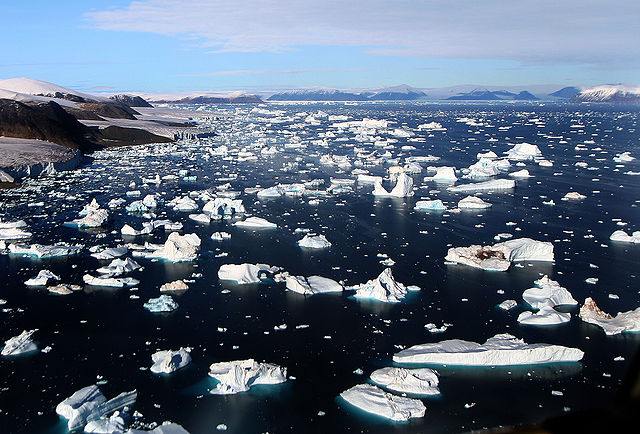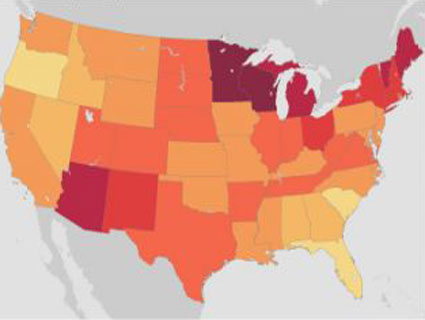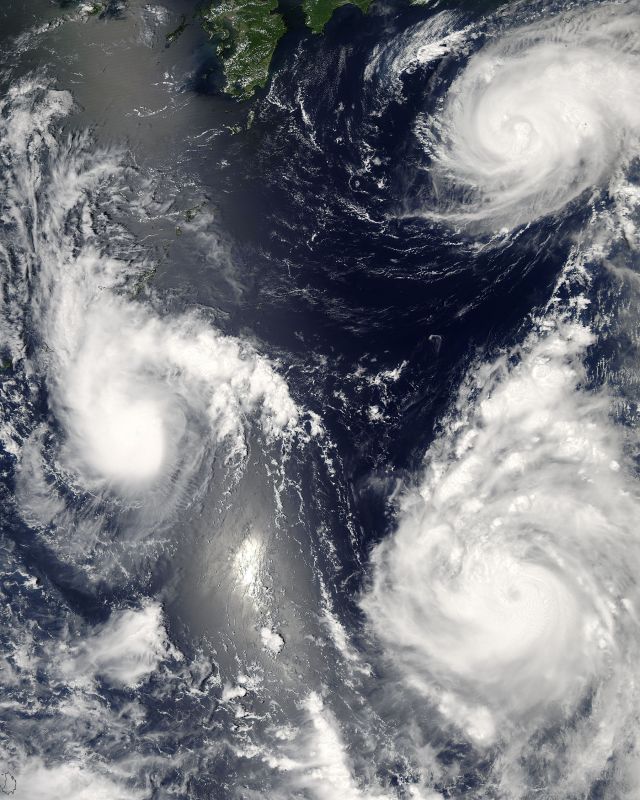
'Fried Earth,' <a href="http://commons.wikimedia.org/w/index.php?title=User:Hansdoller&action=edit&redlink=1">Hans G. Doller</a>, via <a href="http://commons.wikimedia.org/wiki/File:Fried_Earth.jpg">Wikimedia Commons</a>.
Nature Climate Change published a new science paper yesterday showing that the 2008-2009 economic crisis barely dented the global rise in greenhouse gas emissions.
Unlike other recessions, where emissions dipped for years, the last one offered only a year of respite from accelerating emissions, and only a paltry 1.4 percent in total.
By 2010, CO2 emissions skyrocketed 6 percent higher, for a world record 10 billion tons, with 2011 following suit.
Looks like all sides of the political bickering are to blame. From the paper:
Global carbon dioxide emissions from fossil-fuel combustion and cement production grew 5.9% in 2010, surpassed 9 Pg of carbon for the first time, and more than offset the 1.4% decrease in 2009. The impact of the 2008–2009 global financial crisis on emissions has been short-lived owing to strong emissions growth in emerging economies, a return to emissions growth in developed economies, and an increase in the fossil-fuel intensity of the world economy.
This level of emissions now puts the world firmly on course for the ‘worst case’ global-warming scenario, where worldwide temperatures would rise between 7.2°F and 10.8°F (4°C and 6°C) by 2100.















